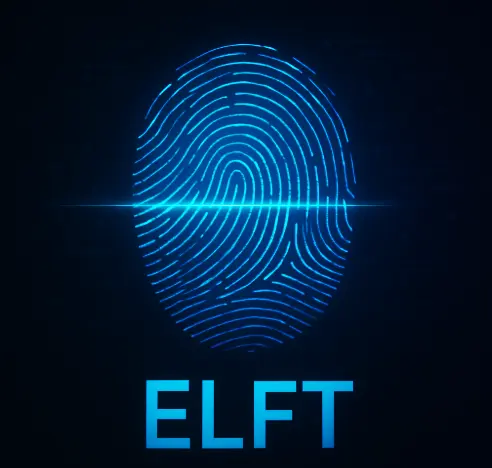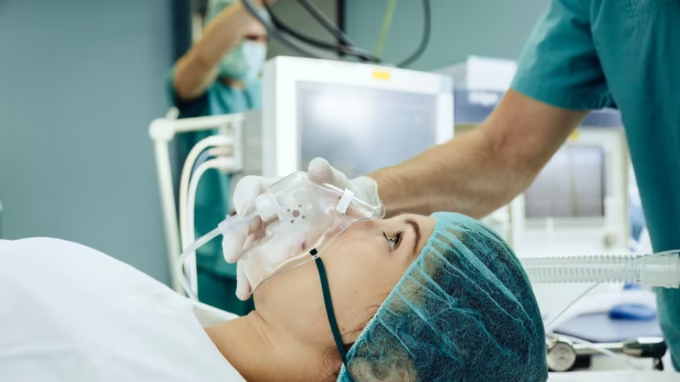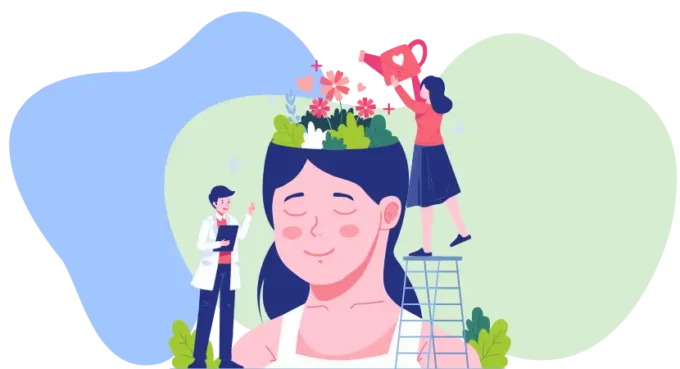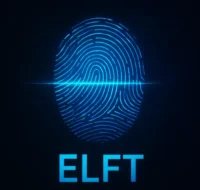Depression is a complex mental health condition that affects millions of people worldwide, often in deeply personal and varied ways. Traditional treatment methods, such as medication and talk therapy, have provided relief for many, but they don’t always work for everyone. As understanding of depression evolves, so too do the approaches to managing it—moving beyond one-size-fits-all solutions and embracing more personalized care.
Innovative treatments are now transforming the landscape of depression care, offering new hope for those who haven’t found success with conventional methods. Breakthroughs like neuromodulation, ketamine therapy, and other advanced interventions are being explored and implemented. For a closer look at some of these evolving options, visit https://brainhc.com/treatments/depression/. These advancements highlight a shift toward integrative care that considers the individual’s unique needs, potentially improving outcomes and restoring quality of life for more people than ever. Continued research and growing acceptance of these alternatives are opening new doors in mental health care. The future of depression treatment is becoming more inclusive, adaptive, and patient-centered.
Transcranial Magnetic Stimulation: A Non-Invasive Option
Transcranial Magnetic Stimulation (TMS) is radically changing how clinicians approach persistent depression, especially for those who have not responded to standard treatments such as medication or psychotherapy. TMS employs focused magnetic fields to activate specific brain regions regulating mood and emotion. This process occurs entirely outside the body and does not require anesthesia or recovery time. Typically conducted over several weeks in a clinical setting, TMS is well-tolerated, with most patients reporting only mild scalp discomfort or headaches during sessions. Major clinical studies show that TMS can provide meaningful symptom relief, with greater response rates than many existing pharmacological options and fewer systemic side effects. As more clinics around the world adopt TMS, it is quickly becoming a top alternative for those who seek to avoid or reduce antidepressant use, making this modality a vital part of next-generation depression care.
Digital Therapeutics: Apps and Online Platforms
The rapid growth of digital mental health solutions is opening doors for millions who might otherwise face obstacles such as long waitlists, social stigma, or geographic isolation when pursuing help for depression. Mobile apps and online portals are transforming how individuals access cognitive behavioral therapy (CBT), track their moods, and learn mindfulness or stress management skills. Platforms like Rejoyn—a digital therapeutic app with FDA authorization—offer users access to evidence-based, interactive modules that address the neural pathways implicated in depression. With features like personalized exercises, progress tracking, and opportunities for self-reflection, these tools are available on demand, making it easier than ever to receive support discreetly and on your own schedule. This digital revolution does more than expand access; it empowers users to take proactive steps in their recovery, bridging the gap between traditional, therapist-led sessions and everyday life.
Virtual Reality Therapy: Immersive Healing
Virtual Reality (VR) therapy has entered the mental health field as a unique and powerful tool. In a VR setting, patients can enter carefully constructed simulations that replicate stressful or triggering environments, such as public speaking, crowded places, or even past traumatic experiences. Working alongside a trained therapist, patients practice coping tactics in a fully immersive environment that is both safe and responsive—a major improvement over traditional “imaginal” exposure. Research is showing strong results for VR interventions, not only in treating depression but also in managing co-occurring anxiety, PTSD, and substance misuse. This modality can be especially helpful for those with trouble visualizing scenarios or for whom face-to-face therapy is inaccessible or intimidating. As VR hardware becomes more affordable, its therapeutic uses are expected to continue expanding.
Artificial Intelligence in Personalized Treatment
Artificial Intelligence (AI) is ushering in a new era of precision and efficiency in mental health care. By processing vast amounts of data—from electronic health records to speech patterns, wearable device metrics, and genetic profiles—AI-powered systems can detect subtle indicators of depression risk, predict treatment response, and recommend tailored interventions. For clinicians, AI acts as a decision-support ally, identifying trends and suggesting adjustments that might otherwise go unnoticed. At the patient level, chatbots equipped with natural language processing offer support and guidance 24/7, helping users navigate symptoms and access resources between appointments. This data-driven, personalized approach has shown encouraging early results, providing hope for higher recovery rates and lower relapse rates by ensuring each individual gets the care most likely to help them.
Community-Based Interventions: Expanding Access
The shortage of qualified mental health professionals, especially in rural and low-income areas, hinders timely depression care. Community-based interventions, like Zimbabwe’s The Friendship Bench, address this by training locals—lay health workers or elders—to offer basic support and problem-solving therapy in accessible, stigma-free settings. These simple approaches reduce symptoms and are adapted globally, normalizing mental health conversations, expanding treatment, and reducing stigma so people can seek help without shame.
Psychedelic-Assisted Therapy: Exploring New Frontiers
Psychedelic-assisted therapy offers renewed hope for depression resistant to traditional treatments. Using regulated doses of substances like psilocybin or MDMA, these therapies occur in clinical settings under professional supervision. Clinical trials show that brief psychedelic sessions with psychotherapeutic support can lead to rapid, lasting improvements in depression and transformative experiences that change negative beliefs. Although research continues and regulations are pending, this therapy challenges existing healthcare norms and may soon become key in treating depression.
Precision Psychiatry: Tailoring Treatments
Precision psychiatry marks a major departure from generalized, trial-and-error approaches to mental health. Instead of relying on standard protocols, clinicians now have the ability to develop care plans based on an individual’s unique profile—including their genetics, biological markers, personal and family history, lifestyle, and even social circumstances. Using sophisticated tools like brain imaging, genome sequencing, and big data analytics, precision psychiatry can predict which medications, therapies, or interventions are likely to be most effective—and which might lead to unwanted side effects—for each person. This approach ensures that depression care is dynamic and adaptive, not static or purely symptom-driven. Over time, the hope is that precision psychiatry will improve treatment response rates, reduce stigma, and promote a more compassionate, patient-centered view of mental well-being.
The Future of Depression Care
Depression care is entering an era of unprecedented growth and change. Advanced technologies, novel therapies, and social innovations are converging to create a more hopeful, individualized, and accessible mental health landscape. By embracing these tools—whether brain stimulation devices, AI-informed treatment plans, or community support groups—patients and providers alike can expect higher satisfaction and better outcomes. As the stigma surrounding depression gradually dissipates and the barriers to care continue to fall, people can look toward the future with renewed optimism. Ongoing research and broad public education will be essential to keep this momentum going and ensure that everyone who needs help is able to find effective, evidence-based care in a swiftly changing world.














Leave a comment